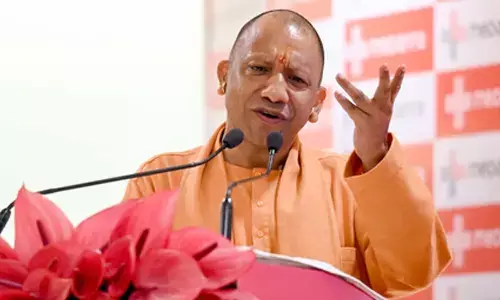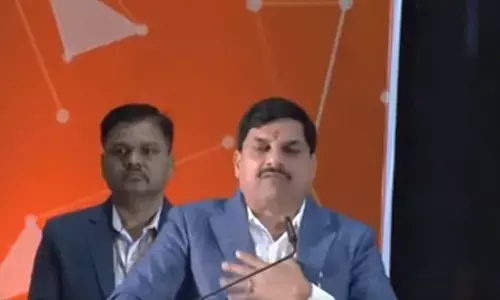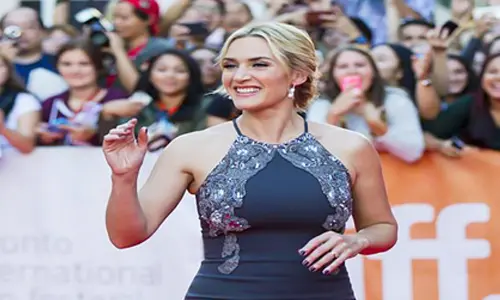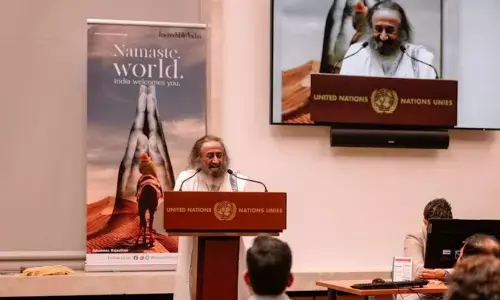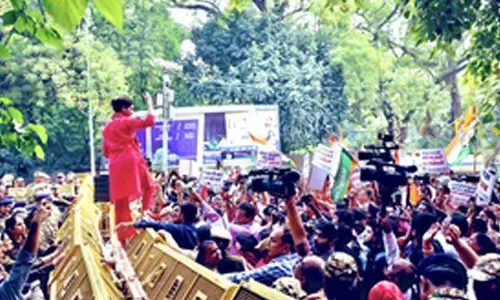Facebook memes in 2016 US presidential polls had no gender stereotypes
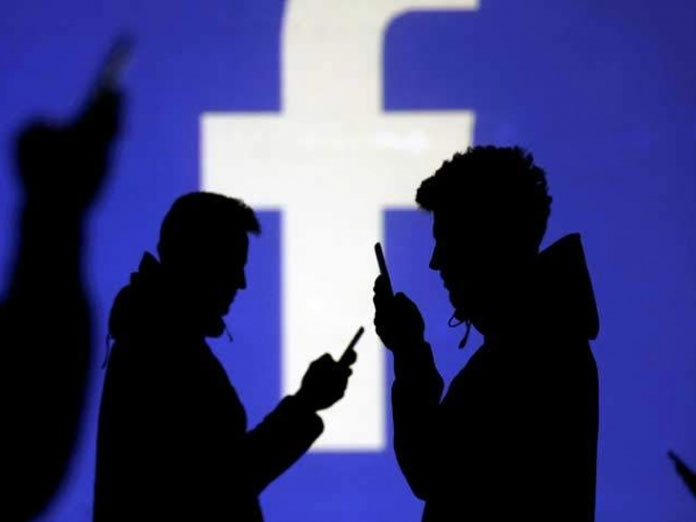
Facebook political memes of US President Donald Trump in the 2016 election focussed more on his hairstyle and facial expressions, while those of Hillary Clinton mostly centred on the email scandal and her relationships a contrast to historical gender stereotypes in politics, a study has found
WASHINGTON: Facebook political memes of US President Donald Trump in the 2016 election focussed more on his hairstyle and facial expressions, while those of Hillary Clinton mostly centred on the email scandal and her relationships -- a contrast to historical gender stereotypes in politics, a study has found.
Previous studies found that typical coverage of male political candidates focuses on their policy and history in office, while that of females focuses more on their personality and appearance as a frame for their ability to hold political office in terms of their roles of mothers and wives.
Facebook meme pages and profile photos, used by grassroots groups in the election, also were more likely to be negative in tone, according to the study published in the journal Social Media + Society.
"This study is one of the first to offer a glimpse at the type of Facebook pages that emerged during the political race, profile photos use, the popularity of the pages and an examination of how citizens used humour during the 2016 election," said Mia Moody-Ramirez from Baylor University in the US.
"With the 2020 presidential election on the horizon, it is important to understand the impact of memes, which are easy to create and share on social media platforms," Moody-Ramirez said in a statement.
Previous studies of US presidential candidates emphasised newspaper and television portrayals, and "traditionally, media outlets have operated simultaneously as gatekeepers and interpreters of political themes by selectively choosing to cover one or both sides of an issue, often putting forth their own interpretations," she said.
The latest study indicated Facebook political-themed meme pages enable average citizens to bypass traditional gatekeepers.
This is important because Facebook's huge membership base allows users to share ideas with a large audience that, at one time, might have remained isolated, researchers said.
Following the 2016 election, dozens of Facebook-meme pages spotlighted Trump and Democratic presidential nominee Clinton, with more emphasising Trump (92 pages) than Clinton (53 pages), according to the study.
Moody-Ramirez and Andrew B Church, a lecturer at Baylor, examined an equal number of Clinton- and Trump-themed pages for a sample of 106 pages -- 53 for each politician.
Trump Facebook page profile photos questioned his physical features -- such as hairstyle and skin tone -- as well as political and leadership skills.
One photo referred to the gospel song "We Shall Overcome" in the caption "We Shall Overcomb" with an image of Trump's hairstyle, the study noted.
Pages frequently referred to popular culture icons, TV shows and movies -- a common tactic for memes, researchers said, noting that some memes referred to the TV show "Orange Is the New Black" to comment on Trump's tan.
"Clinton-themed pages often included the idea that she is crooked and out-of-touch with average citizens," researchers said.
Profile photos for Clinton meme pages also were more likely to emphasise the email scandal, Clinton's wealth and her husband, former President Bill Clinton.
One Clinton meme stated, "Silly Americans: Laws are for poor people."
Another featured Clinton wearing sunglasses, looking at her cell phone, presumably reading her email, researchers said.
Other memes highlighted Clinton's relationship with her husband and his relationship with former White House intern Monica Lewinsky, researchers found.
They evaluated the overall sentiment of the pages -- positive, negative or neutral -- based on the content of the profile picture, whether one of Clinton, Trump or another person.
Researchers found that in general, Facebook-member pages feature profile photos in which the two candidates appeared serious, with the next most common being happy.
Another prominent expression was goofy, featuring memes in which the candidates made absurd faces or expressions that tended to elicit humour.
When it came to tone in the 106 presidential election Facebook-meme pages, 44 were negative, 37 were positive and the remaining 25 were neutral.








